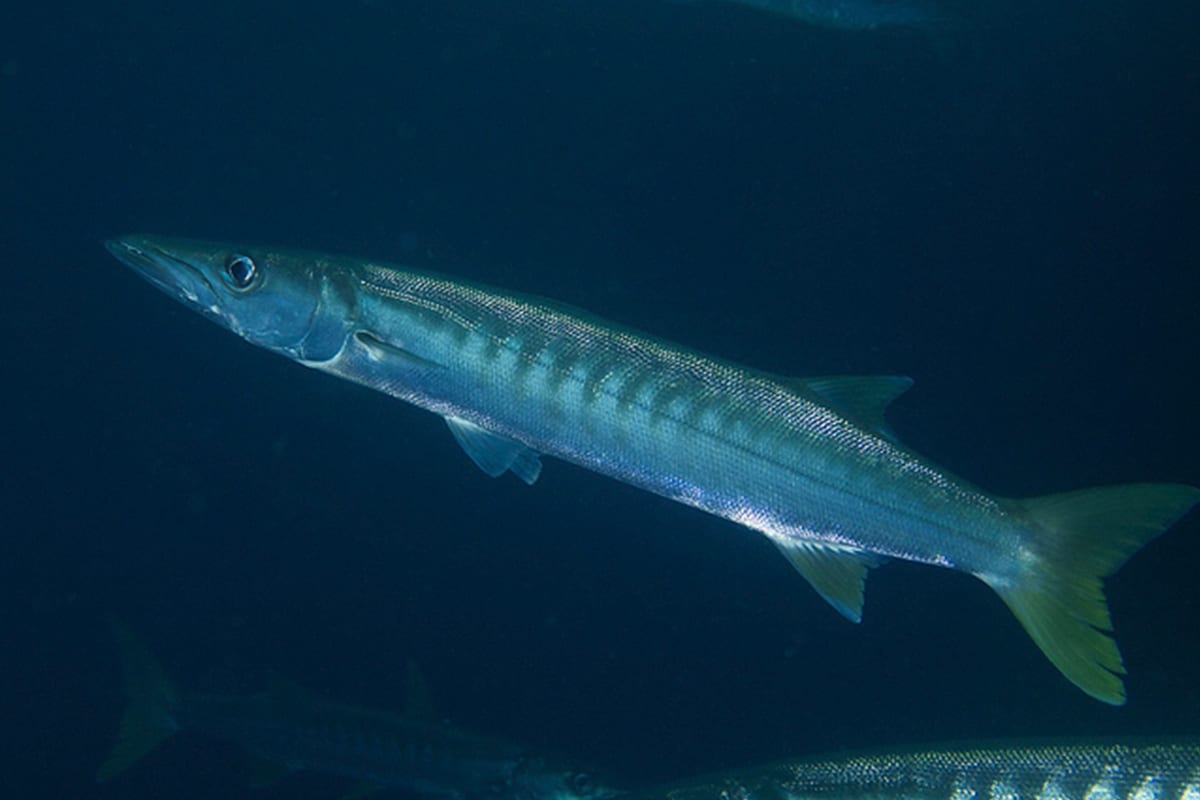Barracuda’s Revenge
By Bridget DeSimone, July 2, 2015

Barracuda
Elias Levy
The threat from a barracuda’s ugly, sharp-toothed grimace is enough to make divers quake in their flippers. But danger lurks even after the reef fish is hooked and cooked up for a meal.
Barracuda and other popular sport fish including grouper, amberjack and hogfish are a source of ciguatera poisoning—the most common form of fish-related food poisoning in the world. Researchers at the University of Florida’s Emerging Pathogens Institute and the Florida Department of Health found that ciguatera poisoning is sickening many more people in Florida than previously reported, according to new study published online this week in the American Journal of Tropical Medicine and Hygiene.
People who eat the fish and ingest the toxin can experience severe nausea, vomiting within one to three hours of ingestion and occasionally neurological symptoms.
After surveying more than 5,000 anglers, the researchers tallied an estimated 5.6 cases of ciguatera poisoning per 100,000 people. That is far more than the previous estimate of .2 cases per 100,000 derived from reports physicians submit to the Florida Department of Health.
Where is ciguatera
Ciguatera is a common toxin found in a type of algae that small fish feed on in tropical and subtropical waters. It is passed up the food chain to larger fish like grouper and barracuda that prey on them.
The risk of ciguatera poisoning is highest in fish from the Caribbean Sea and the Pacific and Indian Oceans. In the United States, the toxin appears to be confined mainly to the warmer waters of Southern Florida.
What you should do
Be aware of the risk of eating barracuda and other fish. The Florida Department of Health recommends that people who have symptoms consistent with ciguatera poisoning after eating fish, seek medical attention and, if possible, save a remnant from the fish meal for possible testing. While there is no cure for ciguatera poisoning, a drug called mannitol has shown to limit both acute and chronic symptoms if it is administered early enough.
For more information about the study, check out the following articles.
Fish Poisoning More Common Than Believed – The New York Times
Food poisoning from toxin in tropical reef fish is more common than previously thought – The Washington Post
Ciguatera fish poisoning more common than thought – Agence France-Presse
Peligrosa toxina en pescado consumido por los latinos de Florida – el Nuevo Herald
Rates of Ciguatera, Toxin from Fish, Vastly Underreported, Study Finds – The Weather Channel
